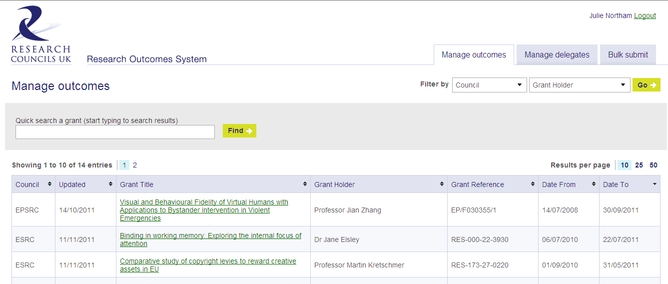![]()
Wednesday 24th January 10:30 - 12:00
This workshop will deliver essential knowledge and know-how from an industry expert, enabling you to gain a deeper understanding of IP that will support development of your research outcomes, prepare you for knowledge exchange activities and help with achieving lasting research impact.
Presented by Dr Nicholas Malden, Partner at D Young & Co, a leading top-tier European intellectual property firm and Bournemouth University’s preferred patent firm.
 Nick Malden has more than 18 years’ experience in intellectual property specialising in patents, in particular those concerned with electronics, physics, materials, medical devices, and software. Prior to joining D Young & Co he was a research associate at Manchester University, though based at the Deutsches Elektronen-Synchrotron (DESY), in Hamburg, Germany, where his research included searches for exotic particle production in positron-proton and electron-proton collisions.
Nick Malden has more than 18 years’ experience in intellectual property specialising in patents, in particular those concerned with electronics, physics, materials, medical devices, and software. Prior to joining D Young & Co he was a research associate at Manchester University, though based at the Deutsches Elektronen-Synchrotron (DESY), in Hamburg, Germany, where his research included searches for exotic particle production in positron-proton and electron-proton collisions.
Today, he is primarily focussed on the preparation of new patent applications and guiding these through the examination process before patent offices around the world. His clients range from SMEs, to academic and research institutions, to global multinationals. A particular passion is sharing knowledge of IP in all its guises with individuals and smaller corporate entities, such that it can enhance and support their technological and commercial growth journeys.
Wednesday 24th January10:30-12:00 at Talbot Campus
To book onto this session, please complete the booking form
For any queries regarding the content of this session, please contact lhutchins@bournemouth.ac.uk, for any other information please email RKEDF @ RKE Development Framework


















 BU attendance at third annual GCPHR meeting in June
BU attendance at third annual GCPHR meeting in June Interactive Tangible and Intangible Heritage Applications – BU student work featured in new book chapter
Interactive Tangible and Intangible Heritage Applications – BU student work featured in new book chapter Second NIHR MIHERC meeting in Bournemouth this week
Second NIHR MIHERC meeting in Bournemouth this week MSCA Postdoctoral Fellowships 2025 Call
MSCA Postdoctoral Fellowships 2025 Call ERC Advanced Grant 2025 Webinar
ERC Advanced Grant 2025 Webinar Horizon Europe Work Programme 2025 Published
Horizon Europe Work Programme 2025 Published Horizon Europe 2025 Work Programme pre-Published
Horizon Europe 2025 Work Programme pre-Published Update on UKRO services
Update on UKRO services European research project exploring use of ‘virtual twins’ to better manage metabolic associated fatty liver disease
European research project exploring use of ‘virtual twins’ to better manage metabolic associated fatty liver disease